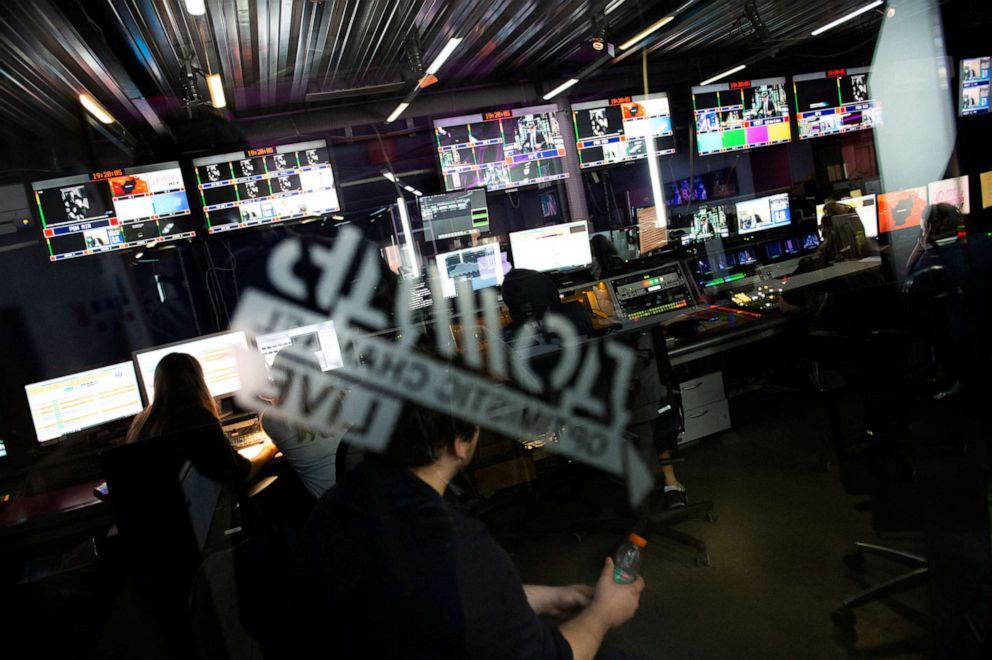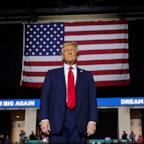The U.S.'s latest sanctions will likely not have much of an immediate effect but will impact Russia's economy in the long-term, experts told ABC News.
With new sanctions on additional entities linked to the Russian defense sector -- and by focusing on the long-term capability of Russia’s oil and gas sector -- the U.S. is “continuing to keep tightening the ratchet” on Russia, Emily Kilcrease, a former U.S. trade official, told ABC News.
Extending the strict export controls that the U.S. imposed on Russia to Belarus -- meaning Belarus also won’t be able to import technology like semiconductors with any U.S-developed components -- sends "a very clear signal that any country that supports Russia is going to be subject to really harsh responses,” Kilcrease, a senior fellow with the Center for a New American Security, said.
Going after oligarchs -- whose assets the Justice Department created a task force to seize -- will have a “psychological” effect on the Russian elite, creating a “feeling of being closed out of the developed world,” Eliot Cohen, a former senior State and Defense Department official who is now with the Center for Strategic and International Studies (CSIS), told ABC News.
The U.S. and Europe have yet to block all imports of Russian oil and gas. Energy expert Ben Cahill said Russia’s energy sector is already feeling "de facto sanctions," with companies reluctant to do business there "because of the fear factor."
Fully sanctioning Russia’s oil and gas exports would "be a much, much bigger scale, the price impact would be dramatic, and it would lead to a scramble around the world for alternative supplies," said Cahill, who is also with CSIS.
The world just doesn’t have enough oil and gas to make up the difference, he said.
-ABC News' Ben Gittleson





